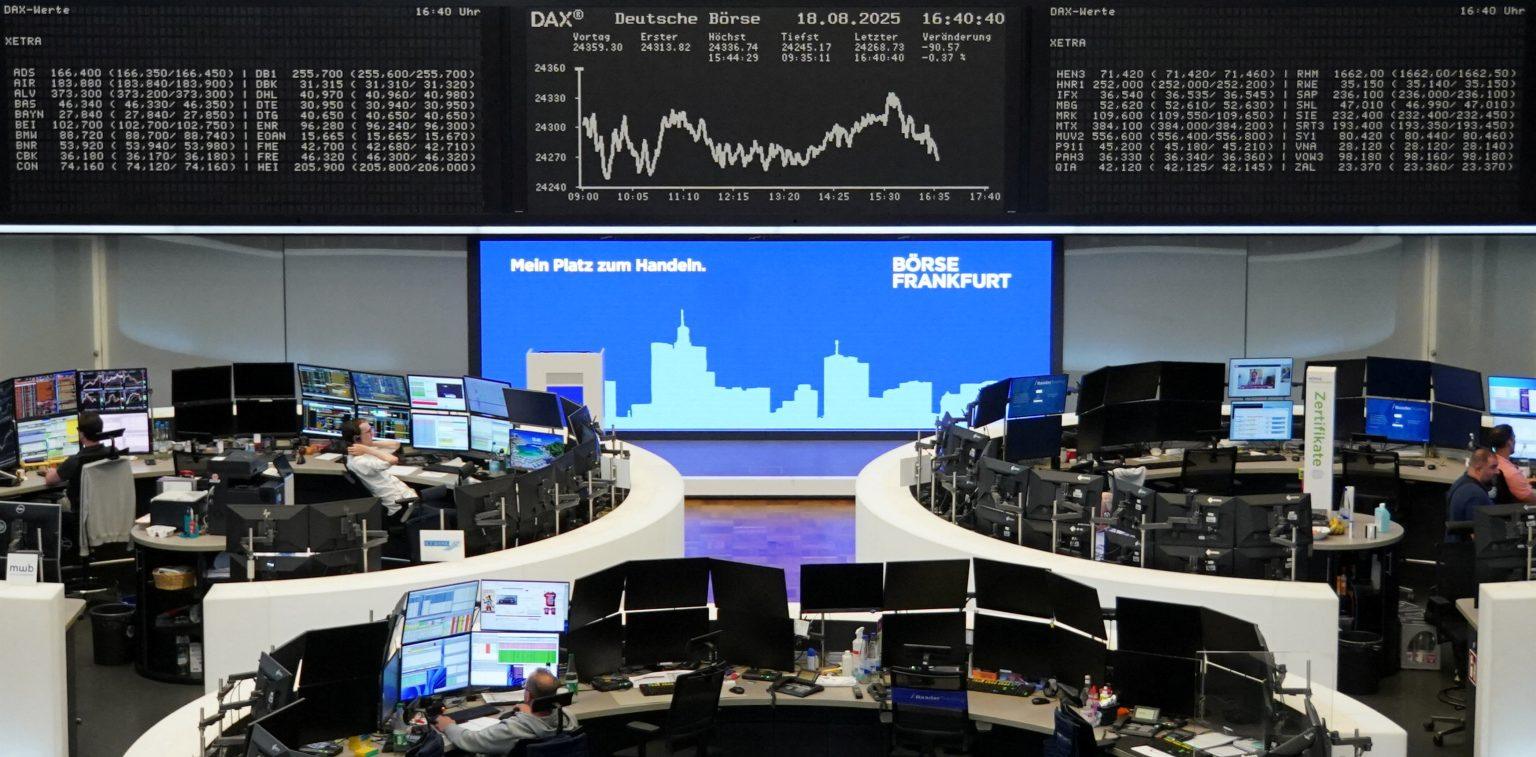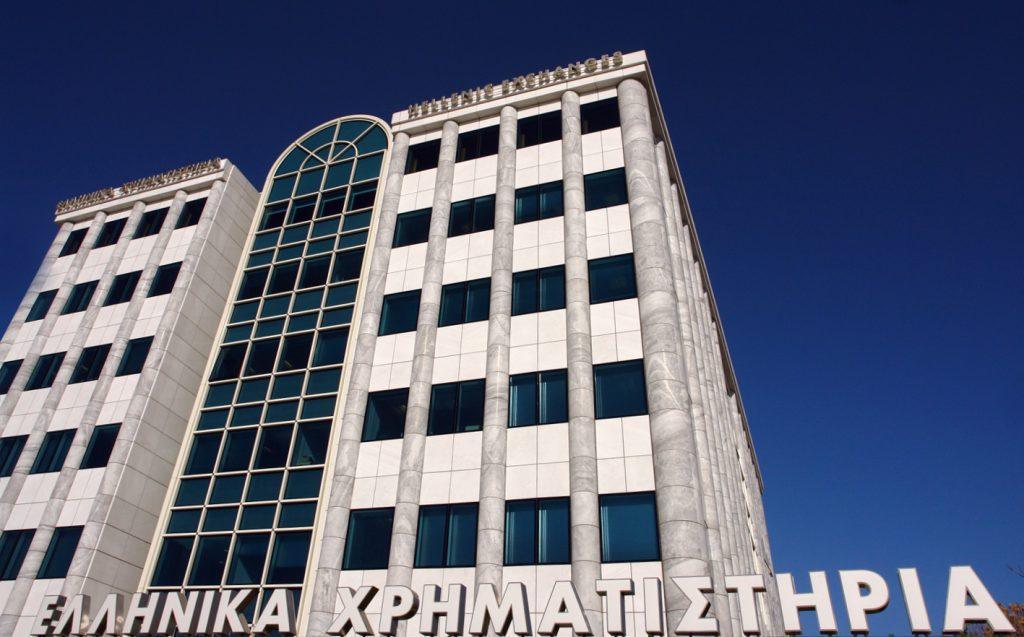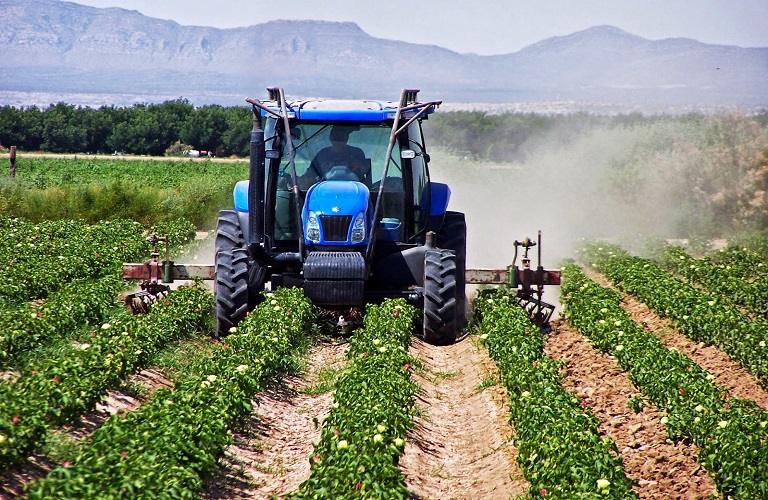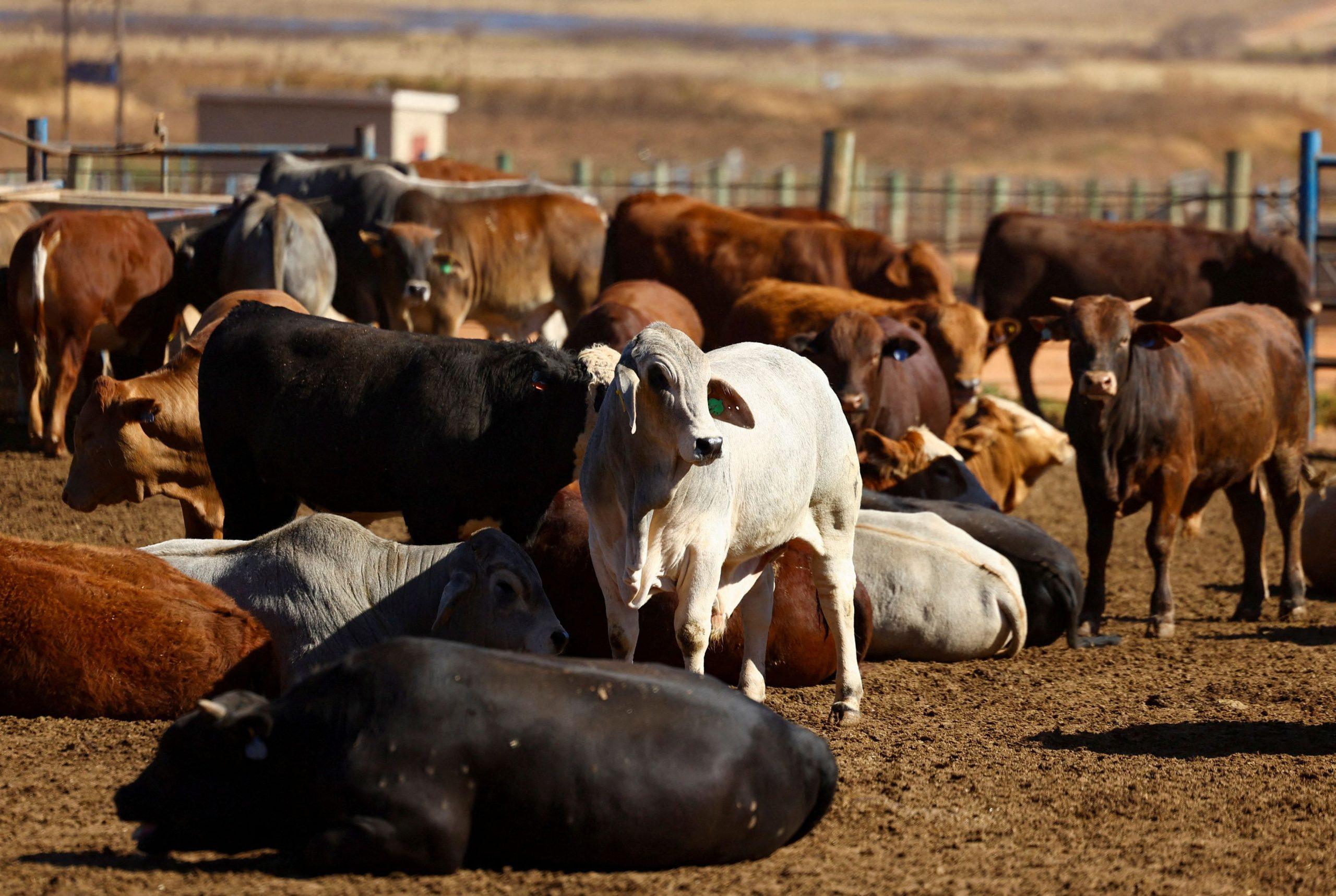The report of the Center for Educational Policy Development (KANEP) of the General Confederation of Greek Workers on “Education and employment: Data, trends, and developments” emits resounding danger signals concerning the collapse of the primary sector, but also for productive and demographic aging as well as outdated productivity.
The report finds that the country is plagued by a productivity decline (as key parts of primary production are extremely low-yielding) but also by the outdated nature of entrepreneurship.
Domestic entrepreneurs are not interested in training employees, they do not invest in research and innovation, they do not participate in the digital transformation of the new era.
Outdated entrepreneurship, moreover, does not allow the absorption of the high quality potential produced by the education system, resulting in brain waste and, ultimately, brain drain.
As a result, the country appears weak and unprepared to meet new, global challenges, such as a potential food crisis. The report notes that the transformation of its productive model and the upgrade of the vocational education and training system are urgently needed.
The main findings of the report
In particular, the main findings of the report are the following:
First, the primary production sector, and in particular the agricultural sector, is collapsing, which intensifies fears that Greece is unfortified against a possible food crisis. The country ranks 26th in the EU-28 in terms of production efficiency, which is directly related to the low level of education and training of those employed in this sector (most of them have only practical agricultural experience).
Second, the 15 most dynamic sectors of economic activity in Greece do not include any in the category Research and Development. Also, the majority of companies are low-intensity digital, with the country being ranked among the lowest in the EU-28 in the relevant index (Digital Intensity Index – DII) both in terms of total business (27th place) and in terms of ranking them in small (28th place), medium (21st place) or large (26th place).
Third, Greece ranks 2nd in the EU-28 in terms of the “Business Index without a Strategic Plan and Continuing Vocational Training (CVT)”, which is indicative of the long-standing lack of business culture in Greece in investing in the development of their human resources through the upgrading of worker skills.
Fourth, the country ranks 3rd in the EU-28 in vertical skills mismatch, with 32.3% of 15-34 year olds with higher education working in occupations that require a lower level of knowledge-skills (brain waste ). This is the main reason for the escape of our most dynamic and quality human resources abroad (brain drain).
Fifth, two thirds of companies in Greece (approximately 67%) are labor-intensive, low-wage (cheap labor) and high-risk (mainly in the primary sector) and only 1/3 are knowledge-intensive. This fact is reflected in the low added value of the majority of entrepreneurship in the country.









































